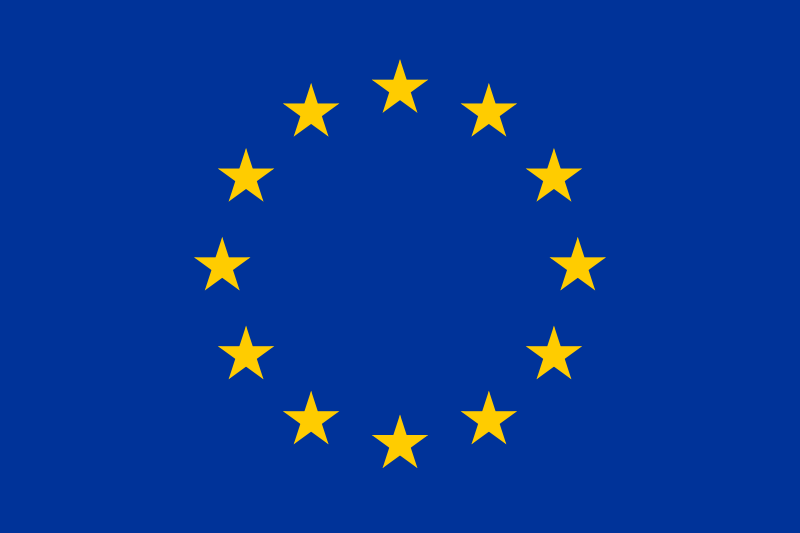In terms of democratic transition, the elections of 7 July 2012 were no doubt the highlight of the year when the Libyans went to vote for the first time in more than four decades to elect their constituent assembly. The EU Election Assessment Team (EU EAT), deployed in the country to cover this historic elections, concluded that the electoral process had been efficiently administered, pluralistic and overall peaceful.
Following the elections Mohamed Yousef el-Magarief was elected President of the General National Congress (parliament) of Libya in August 2012. In this role, he is Libya's de facto head of state. The General National Congress rejected the government line-up as proposed by the Prime Minister elect Abushagur after which Ali Zeidan was elected as the new Prime Minister in November. The swearing in of ministers took until end January as all had to undergo a vetting process by the Integrity Committee. As a result of these delays, policy making on essential dossiers was delayed including the drafting process of the Constitution.
Over the current year, the new government’s key challenges will be security, consolidating the rule of law, kick-starting the constitution-drafting process, ensure full respect of human rights and national reconciliation.
Security is the main challenge, as security problems include opportunistic kidnappings, revenge killings, provocation attacks and bombings, inter-communal fighting and a sharp increase of common crime. The government started to address these concerns by e.g. declaring the south of the country a closed military zone and formally shutting the southern borders. A demobilisation and integration process of militias is being implemented, albeit with serious difficulties.





